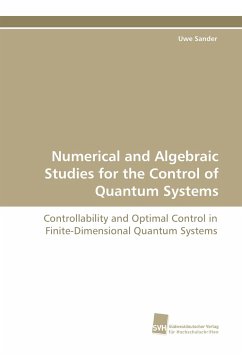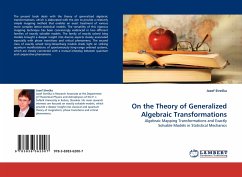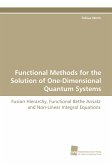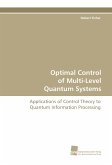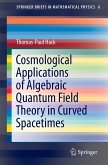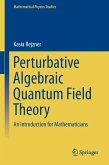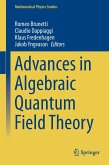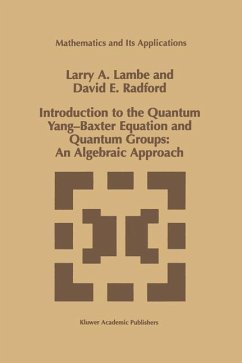In this thesis, two aspects of control theory, namely controllability and optimal control, are applied to quantum systems. The presented results are based on group theoretical techniques and numerical studies. By Lie-algebraic analysis, the controllability properties of systems with an arbitrary topology are described and related to the symmetries existing in these systems. We find that symmetry precludes full controllability. Our work investigates well-known control systems and gives rules for the design of new systems. Furthermore, theoretical and numerical concepts are instrumental to studying quantum channels: Their capacities are optimised using gradient flows on the unitary group in order to find counterexamples to a long-established additivity conjecture. The last part of this thesis presents and benchmarks a modular optimal control algorithm known as GRAPE. Numerical tests show how the interplay of its modules can be optimised for higher performance, and how the algorithmperforms in comparison to a Krotov-type optimal control algorithm. It is found that GRAPE performs particularly well when aiming for high qualities.

